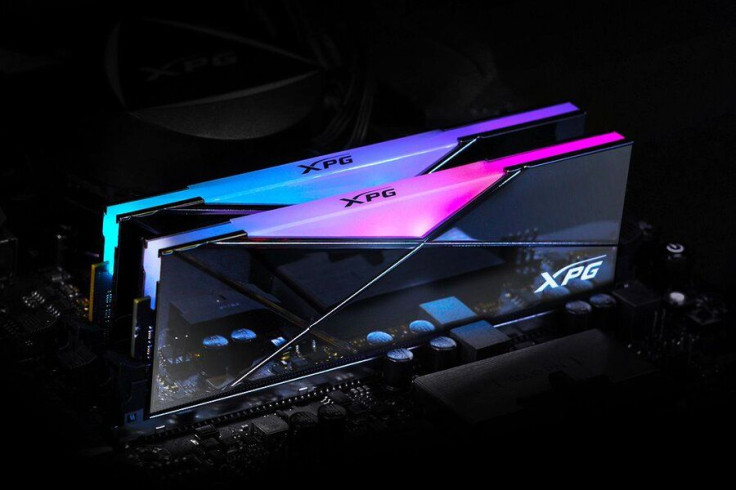PC gaming has taken a great leap in the past few months, and it seems that we may see a similar move in 2021. Both Nvidia and AMD have released their next-generation GPUs. While Intel's Rocket Lake CPUs promise unparalleled performance than the AMD Ryzen counterpart. But no one can benefit from those chips without the right RAM sticks, and ADATA seems to acknowledge that. Until now, the fastest RAM available is the DDR4 4000 MHz RAM for Ryzen 5000 CPUs by GSkill.
ADATA has been in the news for some time and is said working on DDR5 RAMs for the upcoming Intel processors. The RAM manufacturing company is also collaborating with MSI and Gigabyte to possibly build the world's first DDR5 memory with up to 8400 MHz blazing fast speed.
Earlier when DDR5 RAMs were in discussion, many believed that DDR5 RAMs will have only about 1000 MHz performance jump. However, this might not be the case at all. With ADATA targeting an insane 8400 MHz of RAM speed, we can expect other RAM manufacturers to get closer to 8000 MHz. If this happens, we can experience a significant performance jump in games and system operations.
Also read: The Top 5 RAM Recommendations For Your Gaming PC
According to an article, ADATA is testing DDR5-8400 RAMs on the latest Intel motherboards provided by MSI and Gigabyte. Yet it seems that fans may have to wait for another generation before they get these RAMs. ADATA's work on DDR5 RAMs is not for the upcoming Rocket Lake CPUs, but for the Alder Lake, which is also rumored to launch this year.
The newer DDR5 RAMs have other useful features aside from bumping up speed. These RAMs will feature improved training modes, on-die termination, and independent 32/40-bit I/O channels. The memory chips are also said to feature long-term I/O scalability, and SEC, ECC, and DFE to improve performance. Moreover, the new RAMs operate at just 1.1 volts to ensure high-power efficiency.
The DDR5 RAMs seem to offer a notable improvement in performance over the current DDR4 generation. Micron is estimating that DDR5 RAMs would be 35% faster than DDR4 RAMs. But none of the details are confirmed, at least until RAM manufacturers make the new RAMs official.

















